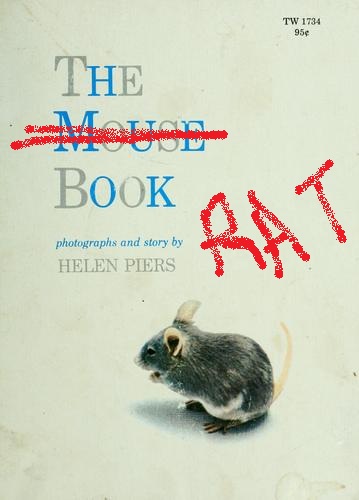[the book rat project] Week 15: A Beautiful Bolero

It's time for
another installment of the Book Rat Project, the sustained experiment in
which
a book critic (my Phoenix colleague Eugenia Williamson) attempts to act
as a human algorithm for a willing subject (me).
This time around
Eugenia picked Cubop City Blues by Pablo Medina.
She based her pick on two simple facts: I’m a fan of Paul Auster (this
book is
set in fictionalized New York), and the author is a professor at Emerson
College.
So how did she do?
Very,
very well.

Cubop City is New
York seen through the eyes of a blind Storyteller: an urban landscape of
jazz,
alienated romantics, displaced souls and broken stories. At twenty-five
our
narrator— home-schooled on Arabian Nights,
The Bible and Encyclopedia
Britannica—is forced to care for his bedridden and cancer-stricken
parents.
With no knowledge of the outside world, beyond the stories he’s heard
and read,
the Storyteller creates a history for places he can only imagine.
Through his
stories he eases the suffering of his parents and eventually discovers
the
strength to explore the shadow world outside his door.
Cubop City Blues ultimately
reminded me more of Diaz’s Drown, or even Calvino’s brilliant If on a Winter’s
Night a Traveler than of anything
by Auster. For Auster, New York is forever tinged with noir sepia; any
street,
apartment, or ally might unravel a comfortable life. In Cubop Medina
gives
readers something very different: a colorful, if somewhat mysterious,
land of
jazz and immigrant families scrambling to build new lives while missing
their
old ones.
Structurally
Cubop City Blues
is composed
of stories and fragments populated by characters fractured by loss,
immigration, adultery and love. Some of the Storyteller’s meta-yarns are
a few
pages in length, while others are parceled out episodically across the
length
of the novel—though not always with brilliant results. Several feel
unnecessarily, even unnaturally truncated, while others are broken at
almost arbitrary
points only to be resumed at other equally random moments. But despite
its
somewhat jarring construction, Cubop City Blues succeeds more
often
than not. Occasionally Medina even manages to approach the dizzyingly
lyrical with
powerful broad-stroke sentences desperate to capture the
world all
at once.
But
this leads to
what became, over time, my greatest complaint: when Medina failed to
overwhelm
me lyrically, or connect with me emotionally, it’s was often due to an
overwhelming sense of artifice—in Cubop City even the stories of the
wounded
and destitute are proffered with the veneer of a power-ballad. Tragedy
is
defanged by the relentlessly beautiful.
The Book Rat
Letter Grade:
A-
[CORRECTION: The original review stated that this is Pablo Medina's debut novel. He has, in fact, writtten twelve works of fiction.]
















